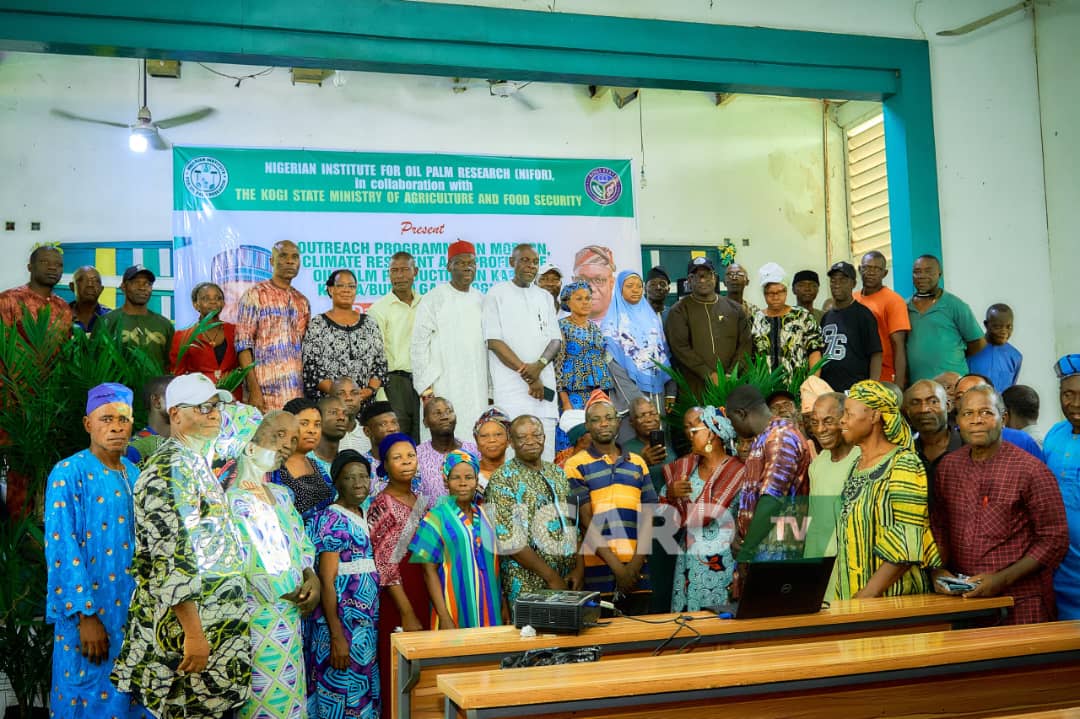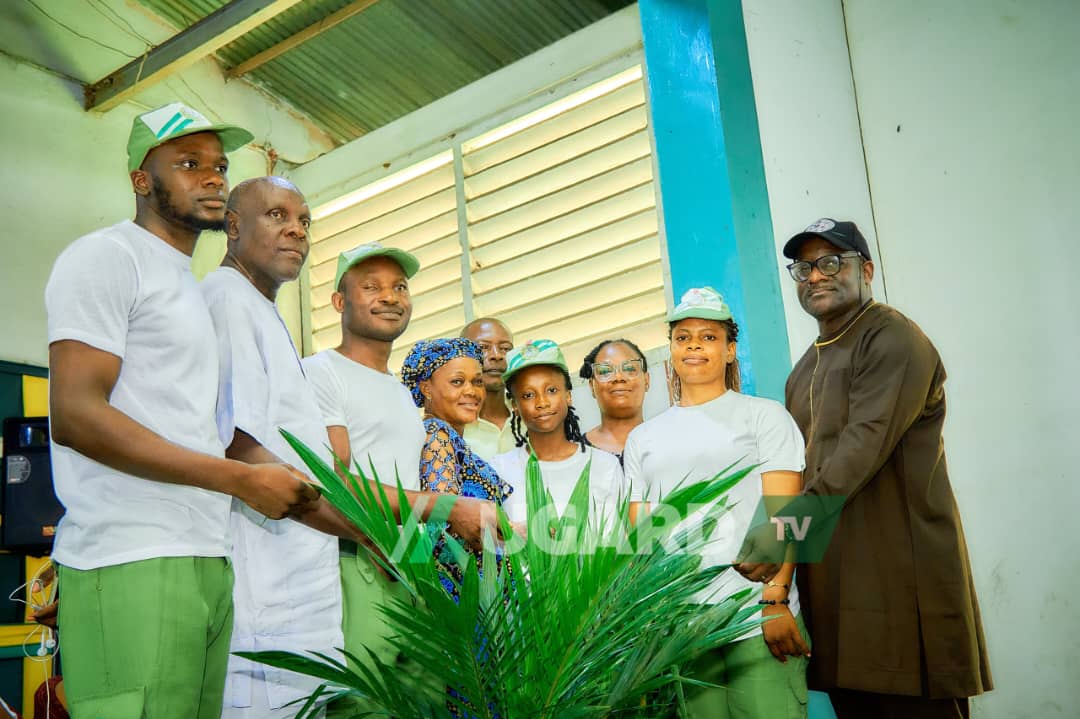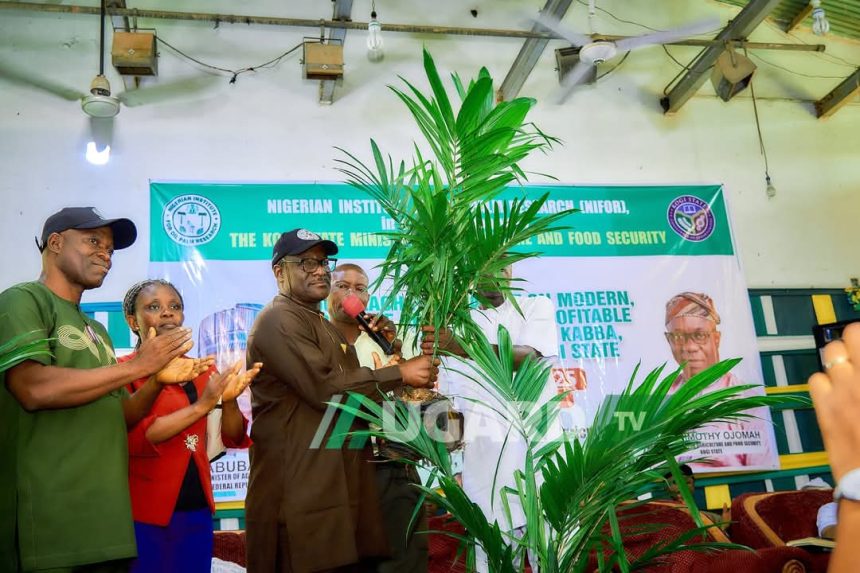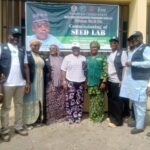Distributes ₦2.5M worth of seedlings
By Kehinde Erin
The Kogi State Government, has initiated a climate-resilient oil palm production training program, to empower farmers with cutting-edge agricultural practices, enhancing their ability to mitigate the impacts of climate change.

The workshop, held at the College of Agriculture, Ahmadu Bello University (ABU), Kabba, was officially launched by the Director of Agricultural Services, Kunle Agbana, representing Commissioner for Agriculture and Food Security, Timothy Ojoma.
The Commissioner stressed that unpredictable rainfall patterns and changing farming calendars require immediate training for farmers to sustain productivity and quality in oil palm production.

He reiterated Governor Usman Ahmed Ododo’s dedication to agricultural advancement, highlighting achievements such as the tractorisation of over 8,000 hectares of farmland and provision of free inputs to 88,000 farmers in the previous year, with plans to expand coverage to at least 16,000 hectares this year.
Commissioner Ojoma, encouraged Kogi State farmers to adopt sustainable practices and traceability systems, ensuring their oil palm produce meets global standards. This, he said, would usher in a new era of economic growth, positioning the state’s oil palm industry as a standardised, traceable, and export-ready sector.
Dr. Olusegun Solomon, Director of Research and Head of Extension and Economics at NIFOR, highlighted oil palm’s potential to create wealth, jobs, and robust agro-industrial value chains.
He highlighted the economic potential of every part of the oil palm tree, particularly noting the global demand for palm kernel shells.
He also announced a significant initiative: the distribution of 1,000 improved oil palm seedlings valued at ₦2.5 million to farmers in the Kogi West senatorial district, with plans to extend the program to Kogi East in the coming weeks.
Moses Olorunnipa, Chairman of the Kogi West Oil Palm Multi-Purpose Cooperative Society, praised the initiative as a transformative step for local farmers and Nigerian youths.
He encouraged young people in the state to form partnerships, invest in modern processing and harvesting equipment, and capitalise on the untapped potential of the oil palm industry to secure sustainable income streams and create employment opportunities.
The workshop and training convened a diverse group of stakeholders, farmers, and agricultural experts to tackle the pressing challenges arising from erratic weather patterns and evolving farming schedules.







